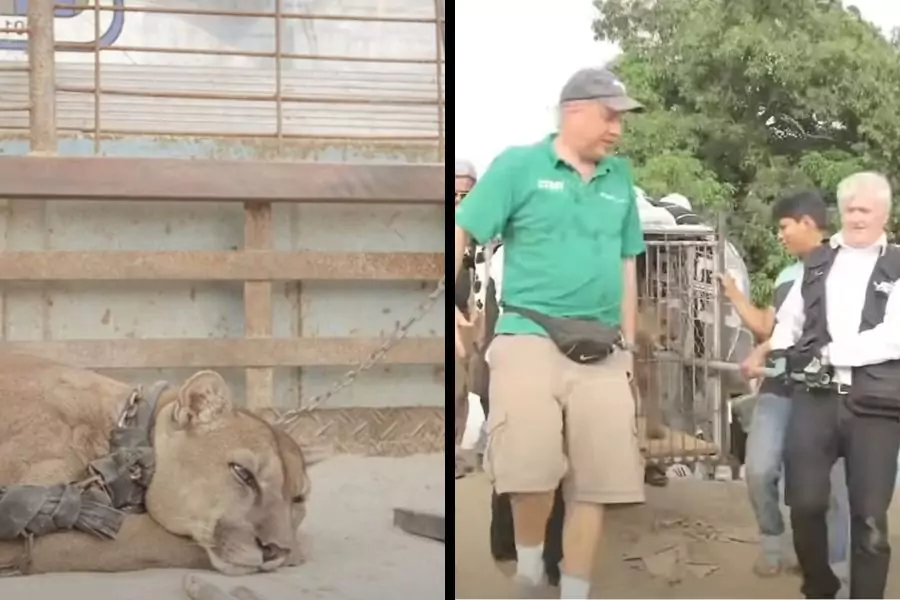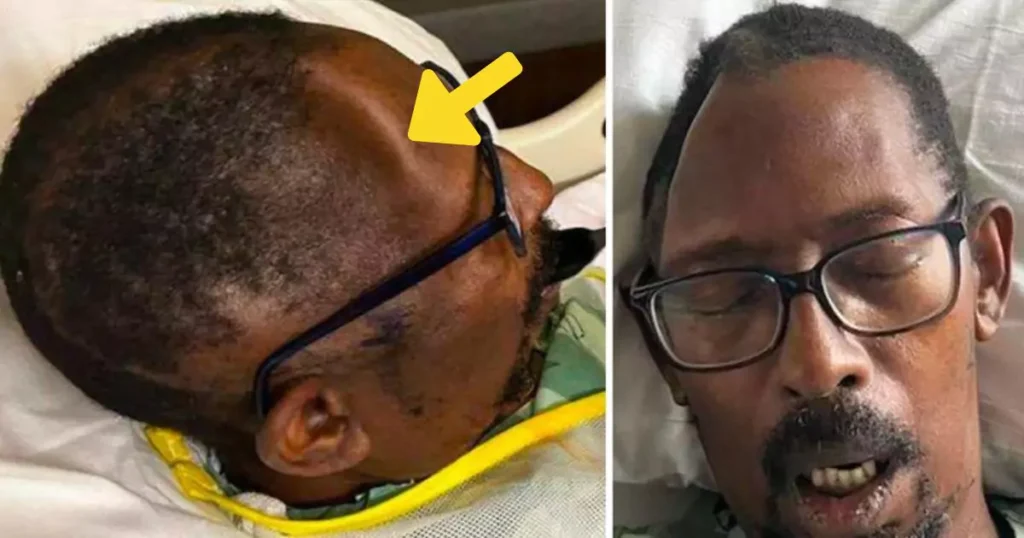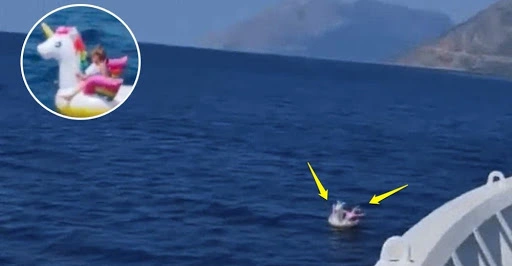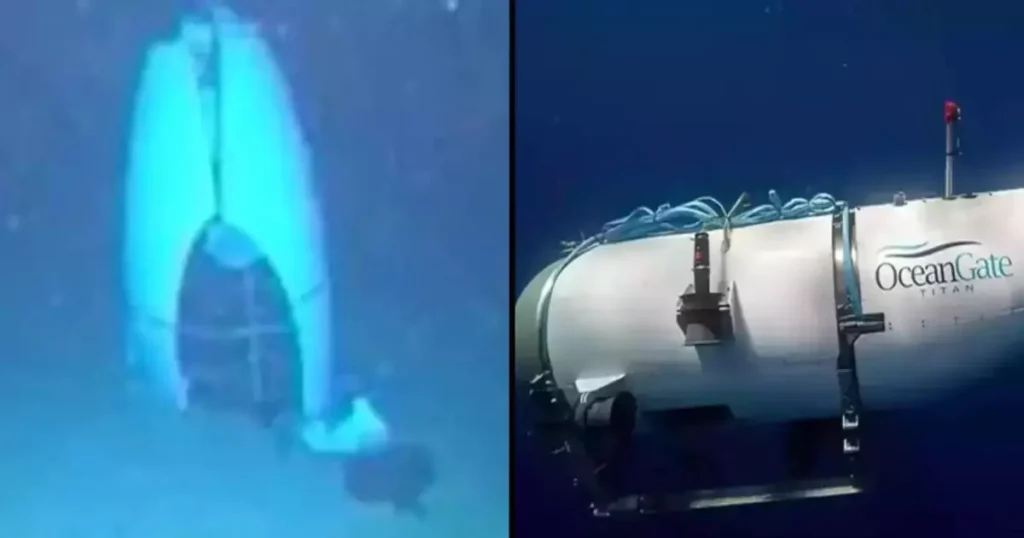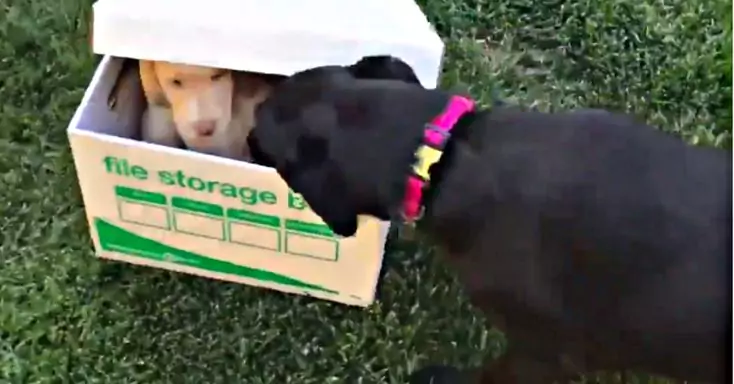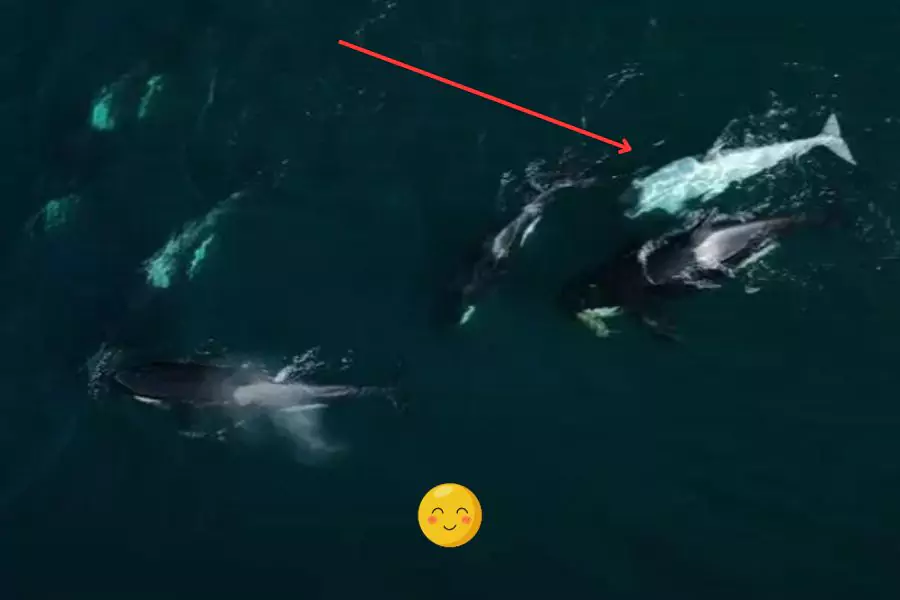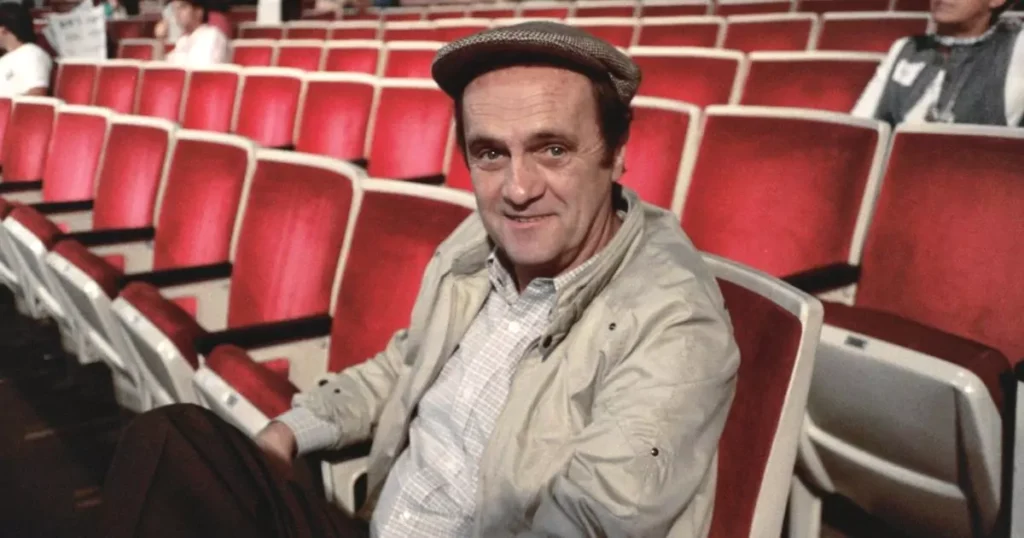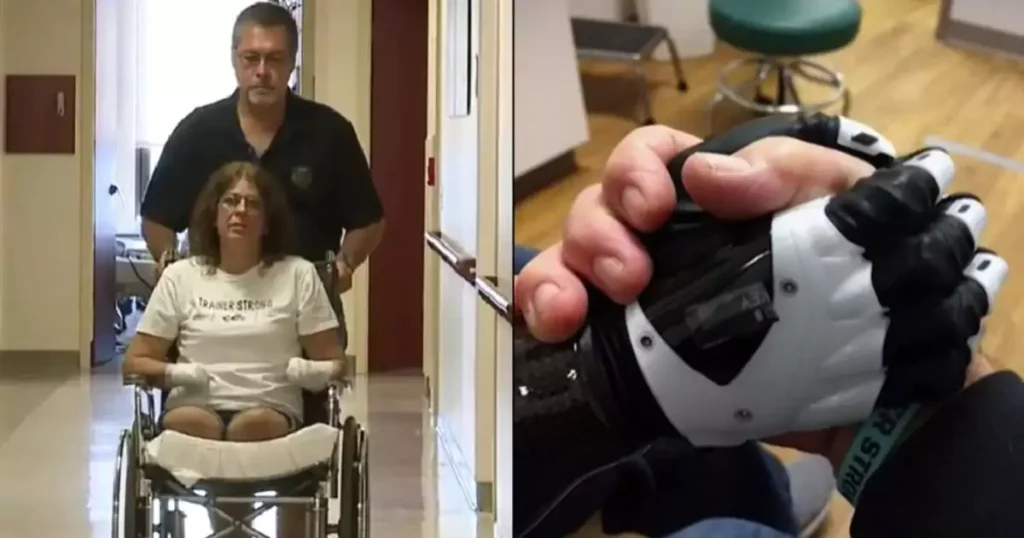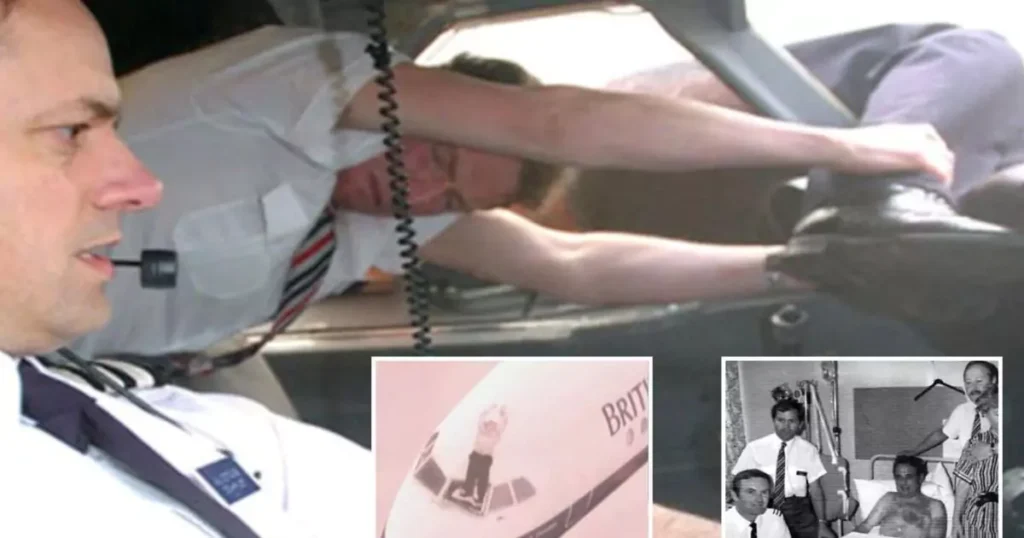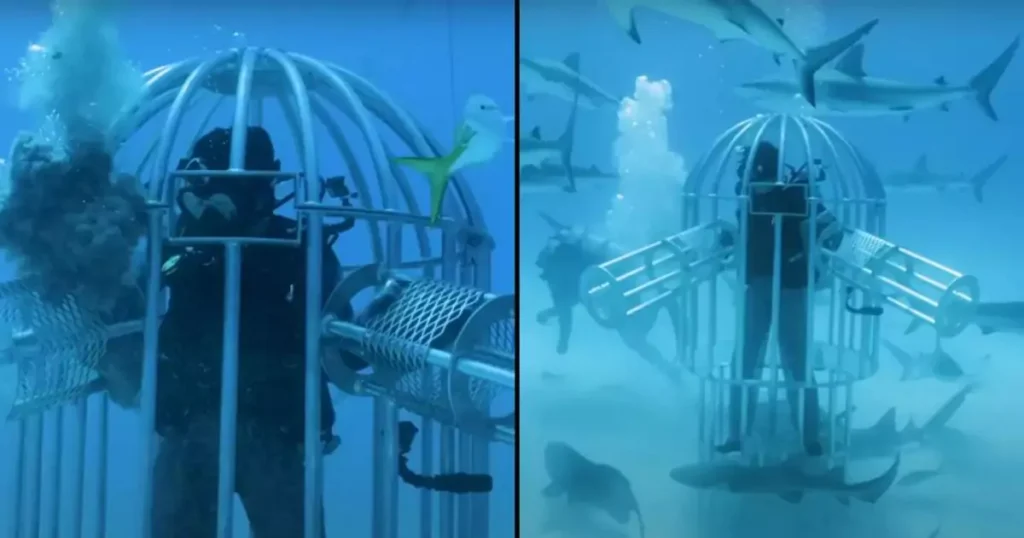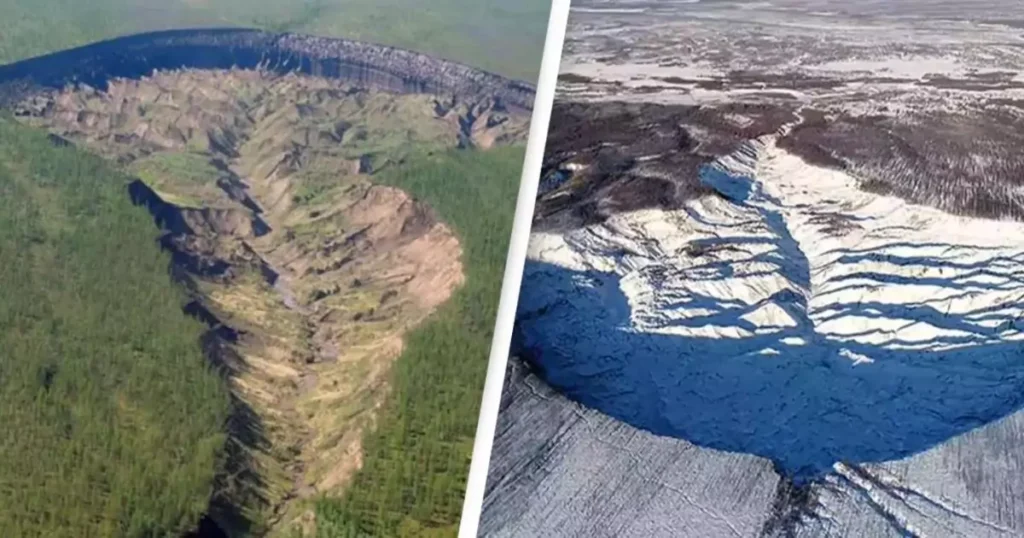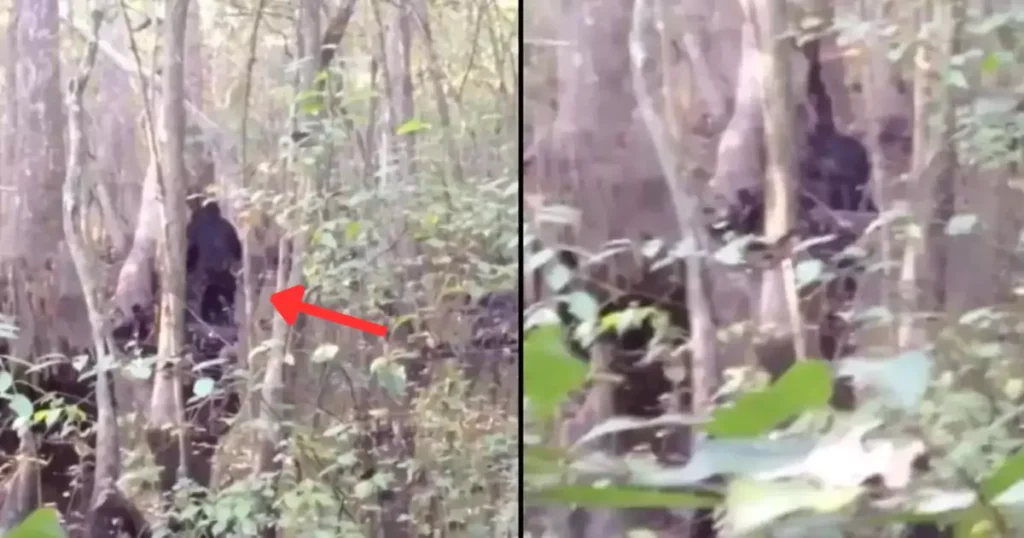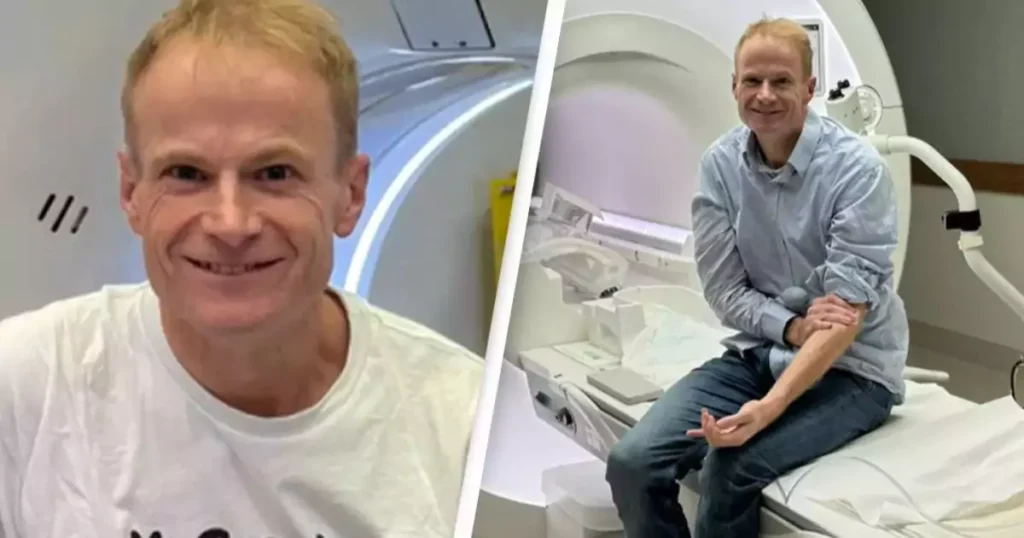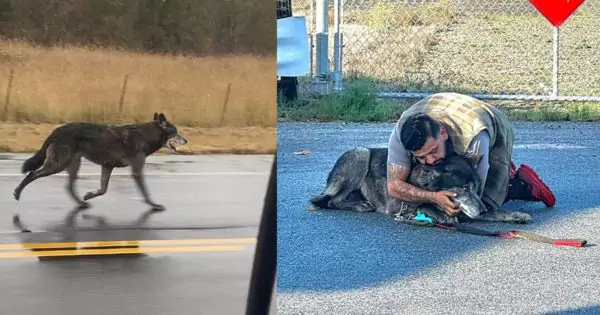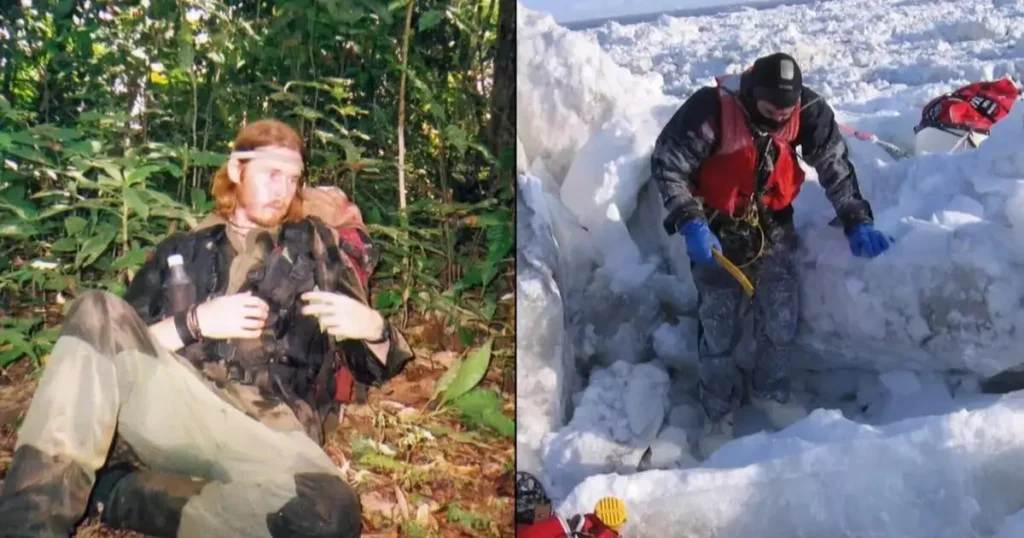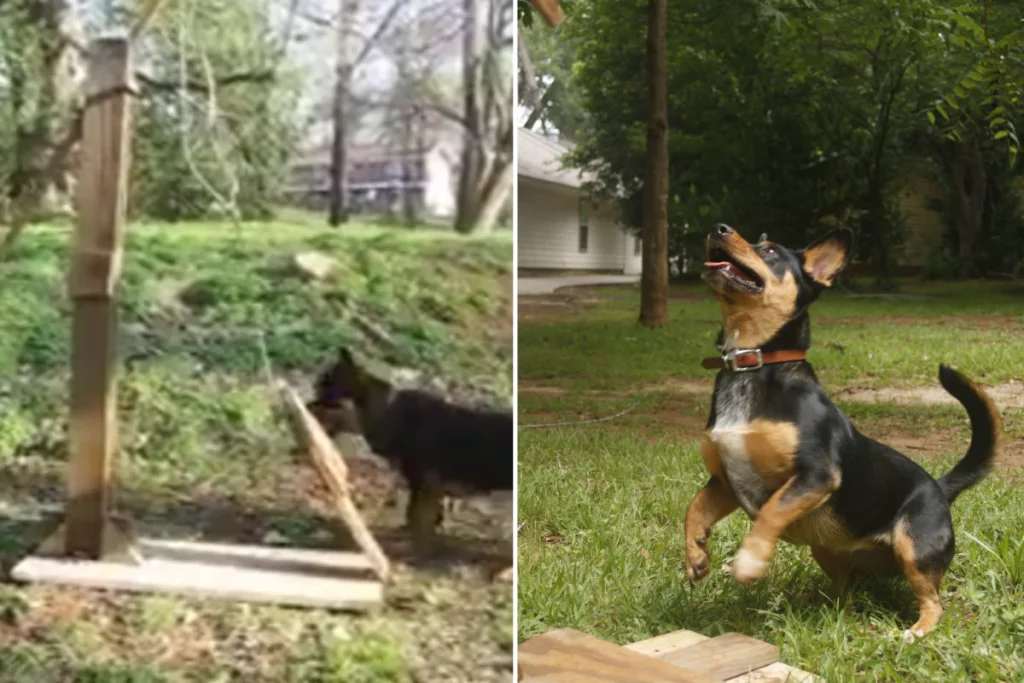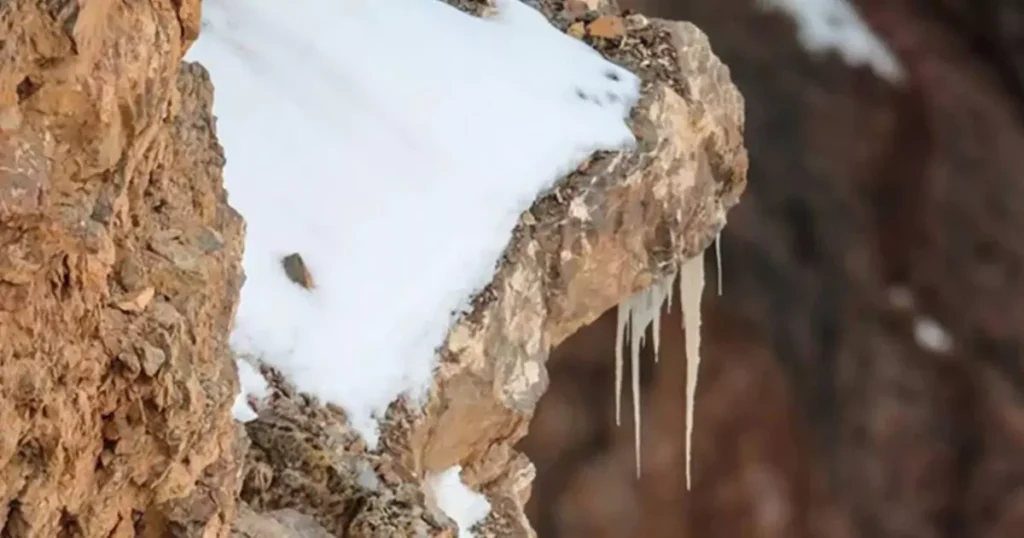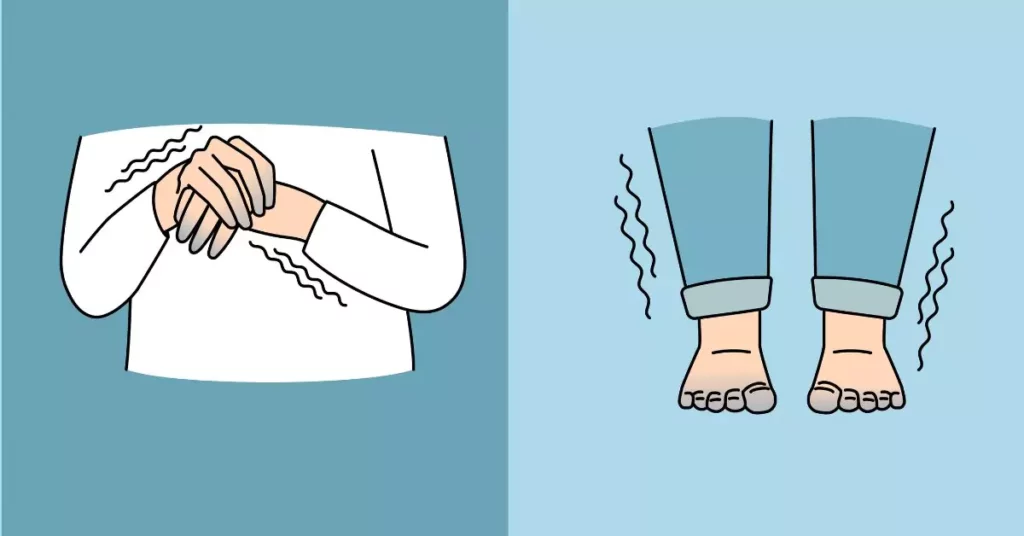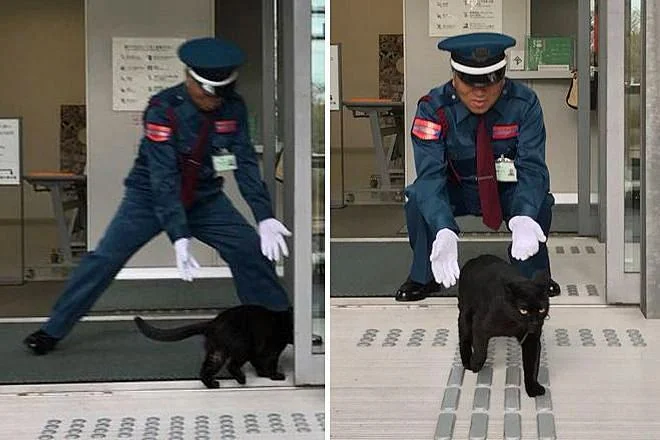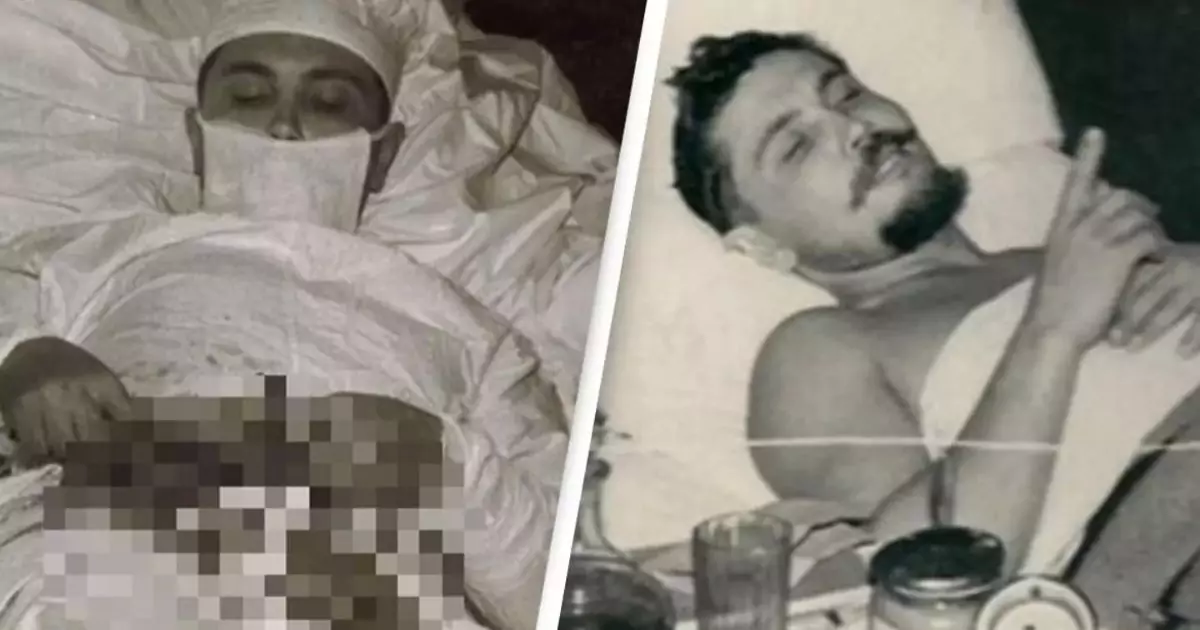
In the medical profession, doctors are trained to handle extreme situations. They are taught to remain calm and composed, even when faced with life-threatening emergencies. However, no amount of training could have fully prepared Leonid Rogozov, a young surgeon, for the terrifying decision he had to make in 1961. During an expedition to Antarctica, he became the only doctor in a remote region of the frozen continent. When he developed acute appendicitis, he found himself in an unthinkable situation—he had to perform an appendectomy on himself.
This remarkable tale showcases the importance of preparation, medical knowledge, and human determination. Rogozov’s survival story offers a unique perspective on what it means to be a doctor in the most extreme conditions. This article delves into his journey, the incredible feat he accomplished, and the lessons his experience holds for those venturing into remote locations.
A Doctor Alone in the Polar Wilderness
In February 1961, 27-year-old Leonid Rogozov joined a Soviet expedition to Antarctica. The mission aimed to establish a research base at Novolazarevskaya Station. Like many expeditions of the Cold War era, it was part of the Soviet Union’s scientific and geopolitical efforts. Rogozov was the only doctor among the 12-member crew, tasked with keeping the team healthy and safe in one of the world’s harshest environments.
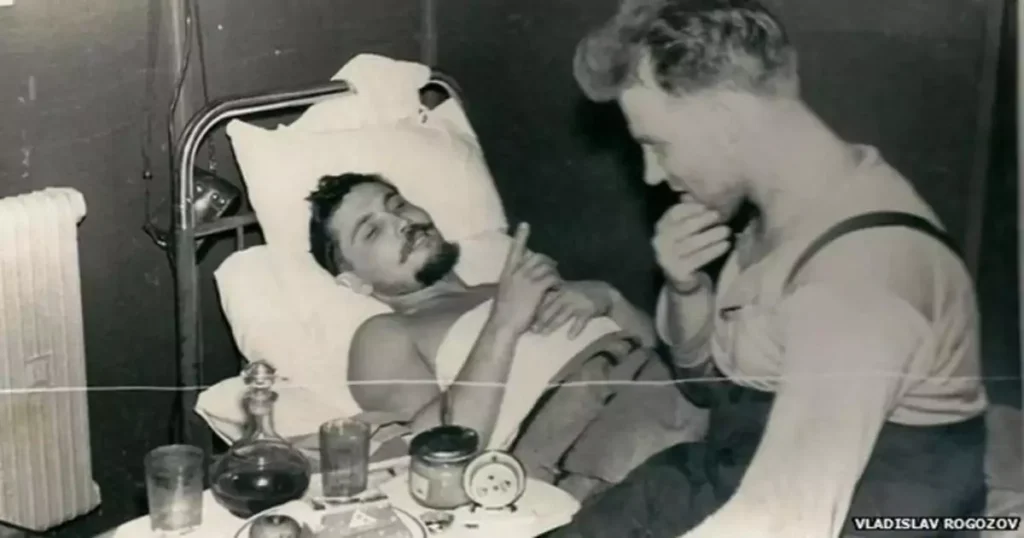
Traveling to Antarctica is no ordinary trip. The extreme cold, isolation, and distance from civilization mean that even minor injuries or illnesses can become life-threatening. As the only medic, Rogozov was fully aware of the challenges. He knew that if anyone on the team became seriously ill, their survival would depend on him. Unfortunately, it was not one of his colleagues who needed urgent medical attention. It was Rogozov himself.
The Sudden Onset of Acute Appendicitis
One day, Rogozov began feeling weak, nauseous, and fatigued. Soon after, he developed a sharp, localized pain in the lower right side of his abdomen. As a surgeon, he immediately recognized the symptoms of acute appendicitis. Left untreated, appendicitis can lead to the appendix rupturing, causing peritonitis, a life-threatening infection.
Normally, an appendectomy is a routine procedure performed under general anesthesia. But Rogozov wasn’t in a hospital. He was in the middle of Antarctica, hundreds of miles from the nearest medical facility. Worse still, he was the only doctor on the team. Without immediate surgery, the appendix would eventually burst, putting him at serious risk. Rogozov knew he had no time to waste, but with no one else qualified to perform the surgery, he was faced with an unimaginable decision: wait for help that likely wouldn’t arrive in time, or perform the surgery on himself.
Making the Decision to Perform Self-Surgery
Rogozov’s condition worsened, and it became clear that he had no other choice. He had to attempt the appendectomy on himself, an act that would push his medical skills and endurance to the limit. Self-surgery is extremely dangerous, even for the most skilled surgeon. There is a significant risk of error, infection, and complications, especially without general anesthesia.
Despite the daunting task ahead, Rogozov approached the situation with calm determination. He administered a local anesthetic to numb the area and instructed two of his colleagues to assist him. They would hold a mirror, allowing him to see the incision, and hand him the surgical instruments.
A Battle Between Life and Death
In his personal diary, Rogozov detailed the challenges of performing surgery on himself. “I grow weaker and weaker, my head starts to spin. Every four to five minutes I rest for 20 – 25 seconds,” he wrote. Despite the physical and mental strain, Rogozov remained focused on the task. He made the incision, carefully avoiding the major blood vessels, and worked methodically to locate and remove the appendix.
The operation lasted for two excruciating hours. As he worked, Rogozov discovered that his appendix had already started to show signs of bursting. If he had waited any longer, his appendix would have ruptured, leading to a life-threatening infection. “Finally, here it is, the cursed appendage! With horror, I notice the dark stain at its base,” Rogozov wrote, recalling the relief and dread he felt when he found the inflamed appendix.
After successfully removing the appendix, Rogozov stitched up the wound. He instructed his colleagues to sterilize the surgical area and then administered antibiotics and sleeping pills. His survival had come down to his surgical expertise, determination, and the will to live.

Recovery and Return to Duty
Despite the immense physical and mental toll of the surgery, Rogozov recovered rapidly. After two weeks of rest, he returned to his duties as the team’s doctor, continuing his work in Antarctica as if nothing had happened. The self-surgery became legendary, not just in the medical community, but around the world. It highlighted Rogozov’s courage, resilience, and the importance of medical preparedness in remote locations.
Rogozov eventually returned to Russia after completing the expedition. He continued his career as a surgeon, and his story inspired doctors, explorers, and adventurers alike. Rogozov passed away in 2000 from lung cancer, but his incredible act of self-surgery remains one of the most extraordinary feats in medical history.
Lessons from Rogozov’s Story
Leonid Rogozov’s story offers valuable insights into the importance of preparation and safety when traveling to remote or isolated areas. His experience in Antarctica was a stark reminder of how critical it is to plan for emergencies, especially in places where medical help is not readily available.
Below are some essential precautions that should be taken when embarking on expeditions to remote regions:
1. Ensure Proper Medical Training for Team Members
While having a dedicated doctor on an expedition is crucial, other team members should also receive basic medical training. In Rogozov’s case, his colleagues had no medical expertise, so he had to operate on himself. If other team members are trained to handle emergencies, they can assist in life-threatening situations, increasing the chances of survival.
2. Carry a Comprehensive Medical Kit
Medical kits for remote expeditions should be well-stocked with essential supplies such as surgical tools, antibiotics, pain relievers, and first aid materials. It’s also important to include medications tailored to the specific needs of the environment, such as treatments for frostbite or altitude sickness.
3. Establish Reliable Communication
In extreme environments, reliable communication is vital. Expeditions should be equipped with satellite phones and other communication tools to stay in contact with the outside world. This ensures that if a medical emergency arises, help can be coordinated quickly, even in remote regions.
4. Develop an Emergency Evacuation Plan
Every expedition should have a detailed emergency evacuation plan in place. While weather conditions may prevent immediate evacuation, having a plan in place ensures that the team knows the nearest medical facilities and how to reach them if needed.
5. Stay Informed About Weather Conditions
Antarctica’s extreme weather played a major role in Rogozov’s dilemma, as airlifting him out of the region was impossible. In remote areas, staying informed about the weather is crucial for avoiding situations where medical help cannot reach you in time.
6. Conduct Thorough Health Checks Before Departure
It is essential that every team member undergo a thorough health check before embarking on an expedition. Any pre-existing medical conditions should be identified and accounted for to prevent unexpected emergencies in the field.
7. Prepare for Psychological Strain
Isolation and extreme conditions can have psychological effects on team members, leading to stress and anxiety. It’s important to have mental health support available and to encourage open communication among the group to maintain morale during the expedition.
A Testament to Human Resilience
Leonid Rogozov’s story of self-surgery in Antarctica is an extraordinary example of human resilience, medical expertise, and courage. Faced with a life-threatening situation, Rogozov used his skills as a surgeon to save his own life. His story serves as a reminder of the importance of preparation, caution, and medical readiness when venturing into remote and dangerous areas.
Modern expeditions benefit from advancements in technology, medicine, and communication, but the fundamental need for preparedness remains as critical today as it was in Rogozov’s time. His legacy continues to inspire doctors, adventurers, and explorers, reminding us all of the incredible power of determination and the human will to survive.

















